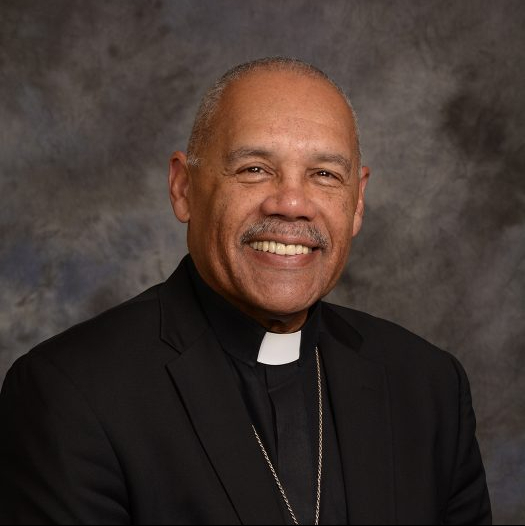
Walking Together in Faith
Reflections, thoughts, ideas on life, ministry, and the church

About Me
I retired from active ministry in December of 2020 and now devote my time to writing and serving the church however I am needed. More about my ministry in the About tab on the menu.

Mission
My travels on behalf of the church have taken me to Africa, Central America, and Europe. Our church has relationships with companion synods in these countries. Thus, we sense God’s call to partner with God’s people everywhere to carry out God’s mission for the sake of the gospel.

Ministry
As people of faith, we are called to be a reflection of God’s love as Christ modeled for us and for all humankind. There will be times that opinions differ. It is in those moments of discord that we look to the cross, which reminds us that we are reconciled to Christ so that we may be reconciled to each other.
LENTEN REFLECTIONS
When Paul said, “God was in Christ reconciling the world unto himself,” he was not making a sentimental comment on race relations. God’s reconciling act is centered on the cross, and it reveals the depths of divine suffering for the reconciliation of enslaved humanity. On the cross, god encounters evil and suffering, the principalities and powers that hold people in captivity; and the resurrection is the sign that these powers have been decisively defeated, even though they are still very active in the world…[they] are represented concretely in the structures of injustice that oppress the weak and humiliate the poor. They are the demonic forces of white racism that enslave black, red, and brown people in the name of freedom and liberty. In this social context, then, God’s reconciliation is his liberating work against these powers. Divine justification is the removal of oppressed black people from the control of white power, thereby making it possible for the enslaved to be free.
James H. Cone
God of the Oppressed p. 236
Jesus’ identification with the most rejected of society and his love for them is one of the greatest constants of his ministry: it appears throughout the gospels and continues in the tradition of the church. Love and concern for the poor, the disfavored, and the oppressed of society is one of the most fundamental activities of the Christian group. In his continued identification with the poor and rejected of society, Jesus entered and left human society as a reject.
Virgilio Elizondo
Galilean Journey
The Mexican-American Promise, p. 55
Solidarity is the appropriate present-day expression of the gospel demand that we love our neighbor. This demand, I contend, is what salvation is all about – the goal of Christianity. Therefore, if salvation depends on love of neighbor, and if love of neighbor today is expressed through solidarity, the solidarity is a sine qua non of salvation. And who is our neighbor? Our neighbor, according to Matthew 25, is the least of our sisters and brothers. Our neighbor is the poor, the oppressed, with whom we must stand in solidarity.
Ana María Isasi-Díaz
“Solidarity: Love of Neighbor in the 1980’s”
Lift Every Voice
Constructing Christian Theologies from the Underside, p. 32